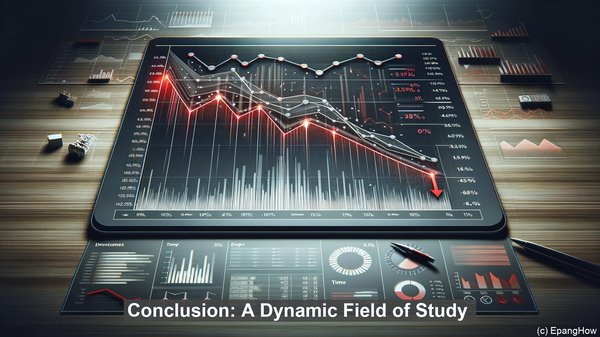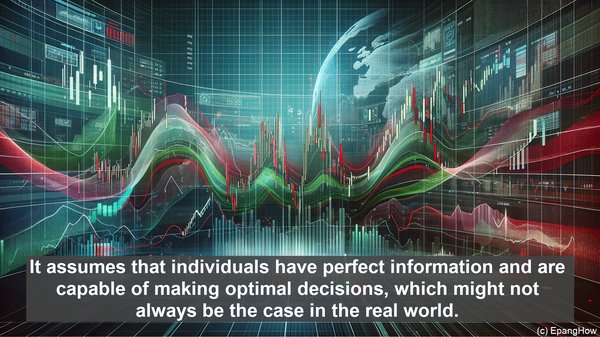Introduction: Expectations in Economic Theory
Greetings, fellow learners! Before we delve into the specifics, let’s establish the importance of expectations in the realm of economic theory. Expectations, in this context, refer to the beliefs or predictions individuals hold regarding future economic variables, such as inflation rates, interest rates, or even stock market performance. These expectations, in turn, influence their decision-making processes, be it in terms of consumption, investment, or saving. Hence, understanding how expectations are formed becomes crucial in comprehending economic dynamics.
Adaptive Expectations: The Historical Approach
Adaptive expectations, as the name suggests, are expectations that adapt or change based on past experiences. This approach assumes that individuals form their expectations by considering the recent history of a variable. For instance, if inflation has been high in the past, individuals might expect it to remain high in the future. This approach is rooted in the idea that people tend to rely on historical patterns and are slow to update their expectations. As a result, adaptive expectations can lead to persistent trends and even self-fulfilling prophecies in the economy.
Rational Expectations: The Forward-Looking Paradigm
In contrast to adaptive expectations, rational expectations take a forward-looking stance. This approach posits that individuals base their expectations not just on past data but also on their understanding of the underlying economic structure. In other words, they make use of all available information, including economic models, to form their predictions. This forward-looking aspect is crucial, as it implies that individuals anticipate policy changes, market shifts, or any other relevant factors that might impact the variable in question. Consequently, rational expectations are often seen as more accurate and efficient, as they incorporate a wider range of information.

Implications and Criticisms
The choice between adaptive and rational expectations has far-reaching implications. For instance, in the realm of monetary policy, the assumption of expectations formation can significantly impact the effectiveness of policy measures. If individuals have adaptive expectations, they might not fully respond to policy changes, as their expectations are based on past trends. On the other hand, if rational expectations prevail, individuals are more likely to adjust their behavior in anticipation of policy actions. This can lead to a more efficient transmission of policy signals. However, it’s important to note that the assumption of rational expectations also comes with its own set of challenges. It assumes that individuals have perfect information and are capable of making optimal decisions, which might not always be the case in the real world.

